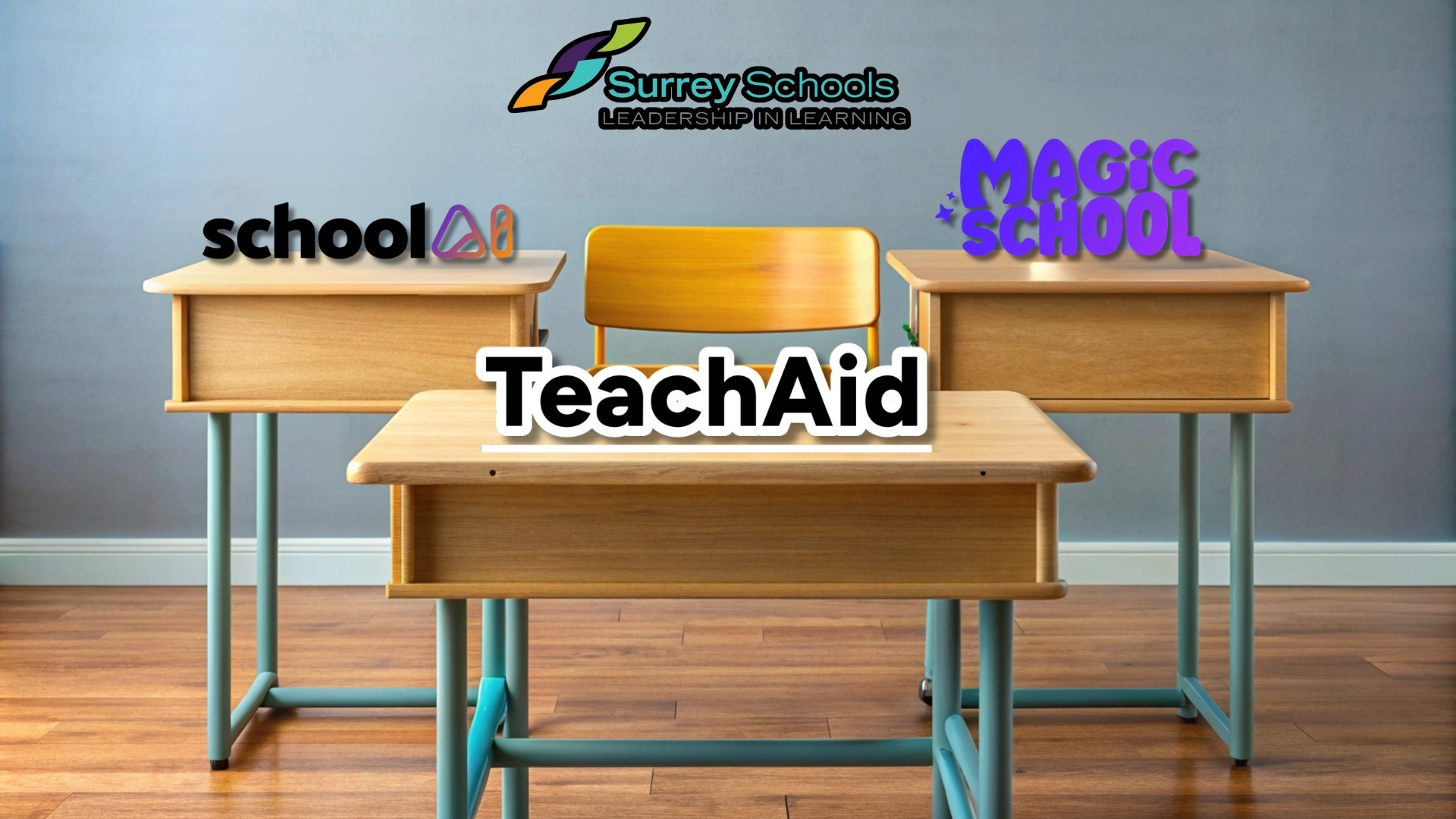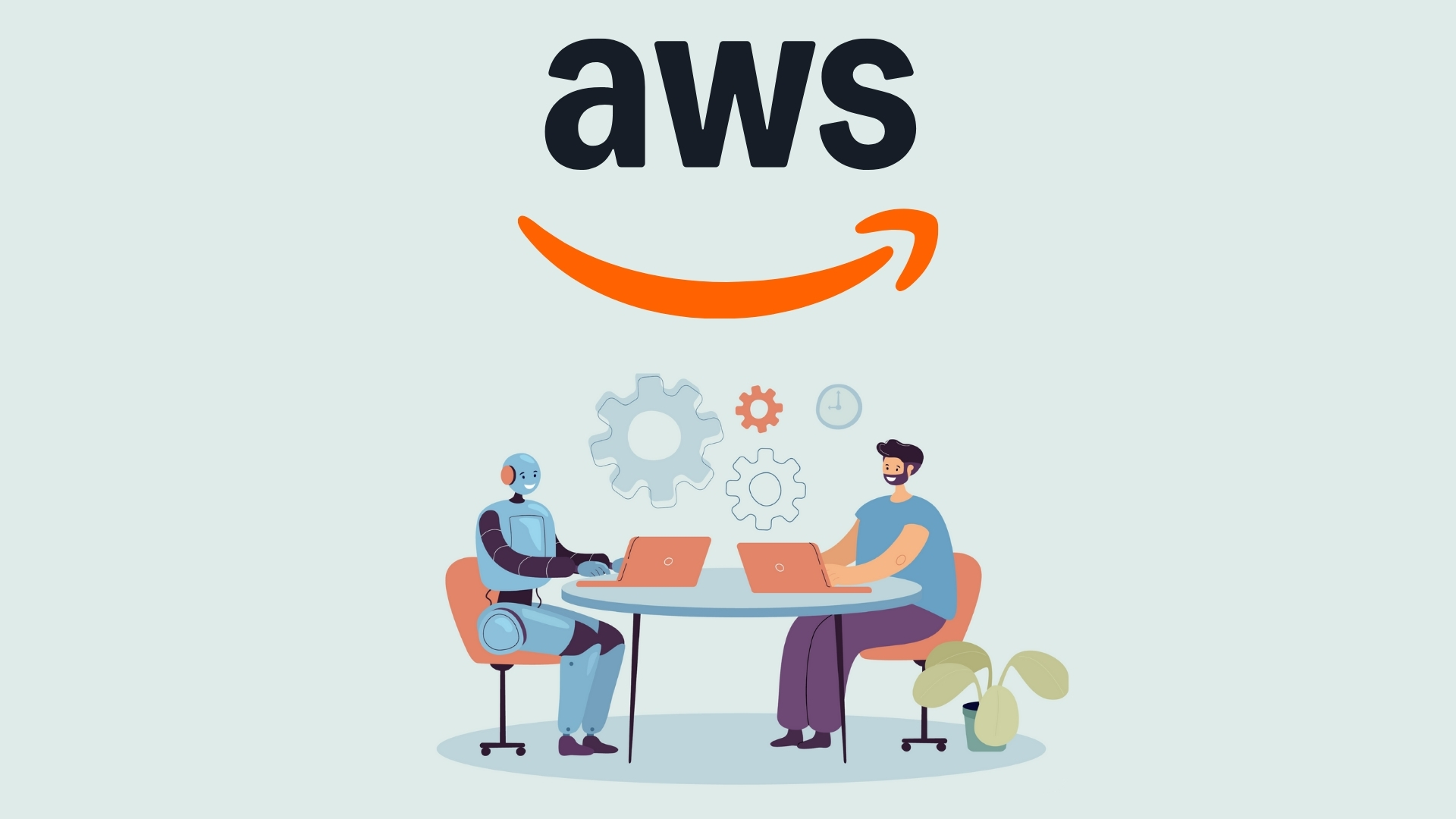AI tools are shaping online searches, but testing reveals notable risks in relying on them. ChatGPT, Google Gemini, Microsoft Copilot, Meta AI, and Perplexity were tested on 40 questions in finance, law, health, and consumer rights.
Results show errors, incomplete advice, and ethical oversights remain widespread despite AI’s popularity.
More than half of UK adults now use AI for online searches, with frequent users showing higher trust in the responses. Around one in ten regularly seeks legal advice from AI, while others use it for financial or medical guidance.
Experts warn that overconfidence in AI recommendations could lead to costly mistakes, particularly when rules differ across regions in the UK.
Perplexity outperformed other tools in accuracy and reliability, while ChatGPT ranked near the bottom. Google’s AI overview (AIO) often delivers better results for legal and health queries, while its Gemini chatbot scores higher on finance and consumer questions.
Users are encouraged to verify sources, as many AI outputs cite vague or outdated references and occasionally promote questionable services.
Despite flaws, AI remains a valuable tool for basic research, summarising information quickly and highlighting key points. Experts advise using multiple AI tools and consulting professionals for complex financial, legal, or medical matters.
Would you like to learn more about AI, tech and digital diplomacy? If so, ask our Diplo chatbot!










